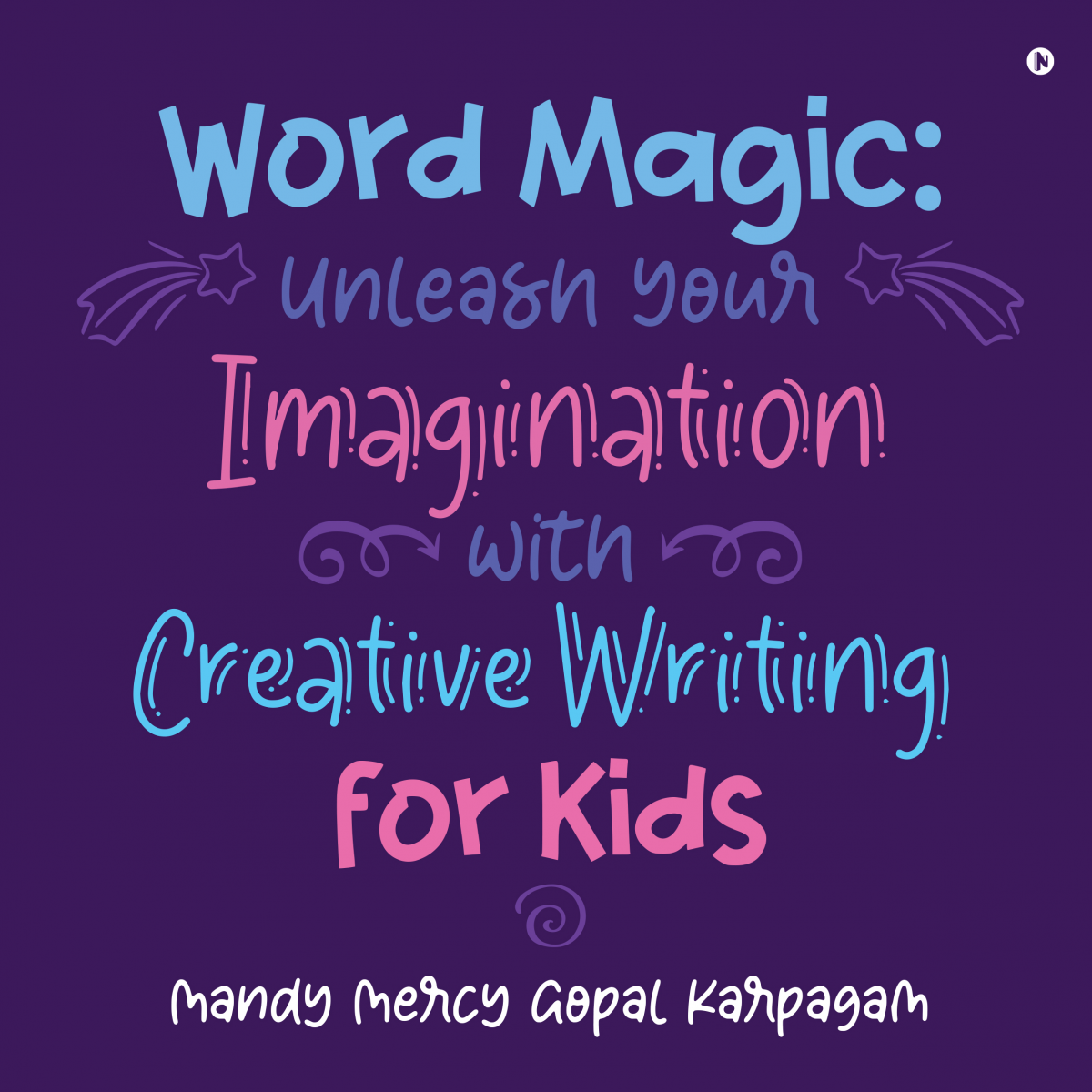Wordle, the ingenious word game that has swept the world by storm, has become a ubiquitous phenomenon, captivating language enthusiasts and casual players alike. Its simplicity and addictive nature have lured millions to its digital labyrinth, where they embark on daily quests to unravel enigmatic five-letter words. But beyond its recreational appeal, Wordle has also ignited a fascination with the complexities of language, inviting us to explore the nuances of wordplay and the depths of our linguistic repertoire.
Wordle’s allure lies in its ability to challenge our cognitive skills, particularly our lexical and orthographic knowledge. The game requires players to strategically combine their knowledge of common words, letter frequencies, and spelling patterns to eliminate possibilities and uncover the hidden word. This mental exercise not only sharpens our linguistic abilities but also enhances our attention to detail and trains our brains to think creatively within the confines of specific linguistic constraints.
Beyond its cognitive benefits, Wordle has also fostered a vibrant linguistic community on social media. Players share their strategies, successes, and commiserations, creating a collective knowledge pool that enriches the game experience. The game’s social media presence has fostered a sense of shared purpose, camaraderie, and even linguistic competition among players, further amplifying its impact on our linguistic landscape.
Wordle’s popularity has sparked renewed interest in language learning and literacy. Its success has demonstrated the power of games to engage individuals in language-based activities that are both entertaining and educational. Educators are exploring ways to incorporate Wordle into curricula to enhance vocabulary, spelling, and problem-solving skills. Additionally, the game has inspired the creation of similar word games in various languages, offering opportunities for linguistic exploration and cultural exchange.
While Wordle has been widely embraced, concerns have been raised about its accessibility for individuals with certain linguistic backgrounds or disabilities. Some critics argue that the game’s reliance on English vocabulary and spelling patterns may create barriers for non-native speakers. Others have highlighted the need for features that accommodate players with visual impairments or cognitive challenges. Addressing such concerns requires collaboration between game developers, language experts, and accessibility advocates to ensure that Wordle’s benefits are available to a broader and more diverse audience.
Wordle’s linguistic labyrinth has captivated millions, offering a unique blend of entertainment, cognitive challenge, and linguistic exploration. Its simplicity and addictive nature have ignited a fascination with wordplay and the complexities of language. Through its ingenious design, Wordle has provided valuable insights into word frequency, semantic patterns, and the power of social media to foster linguistic community building. As the game continues to evolve and expand, it holds the potential to inspire further linguistic innovation, educational opportunities, and inclusivity in the world of wordplay.
The success of Wordle underscores the enduring human fascination with language and the power of games to engage individuals in language-related activities. Its impact extends beyond recreational entertainment, highlighting the potential of games to enhance cognitive skills, foster linguistic exploration, and bridge cultural divides. By embracing game-based learning and promoting inclusivity, we can harness the power of language to empower individuals and enrich our collective understanding of the world around us.

